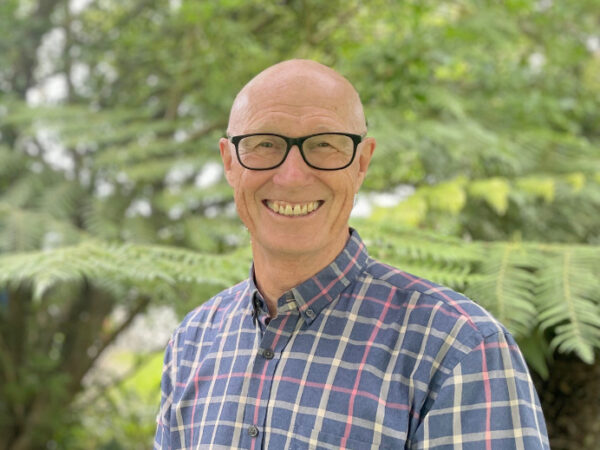Boyd Swinburn’s leadership in public health nutrition and his expertise in food systems were instrumental in shaping the direction of the Nourishing Hawke’s Bay project. With his extensive work on childhood obesity prevention and global food policy, Boyd continues to contribute to improving health outcomes in New Zealand and internationally through ongoing research and advocacy.
